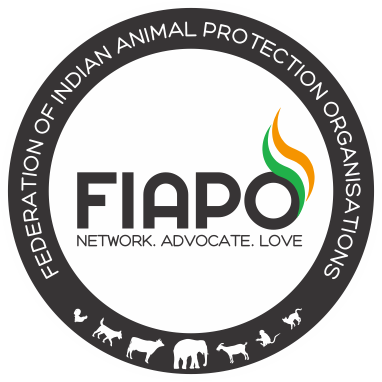Source: First Post
Popular faces from various walks of life are being seen embracing veganism, causing the rising popularity of the dietary choice among the people of Mumbai. The move of giving up meat and any kind of dairy products has recently been propagated by the 21-day compassion challenge launched by the Federation of Indian Animal Protection Organizations (FIAPO). The challenge encourages the people of Mumbai to try veganism for 21 days.
The challenge, which aims to offer support to transitioning and potential vegans, has garnered support from artists, including actress Mallika Sherawat and musician Anushka Manchanda. “It’s not about being perfect or shaming people who aren’t vegan. It’s about realising that our planet is dying and there is no planet B. Ethically, I made the connect when I realised I love animals too much to be blindsided by false marketing of animal products. I am an ethical vegan and strongly want to push the vegan movement forward in India,” she captioned a post on her Instagram account.

Highlighting the suffering that dairy animals undergo to provide the products included in a non-vegan diet, Sherawat said, “I became a vegan because I wanted a healthier and more compassionate lifestyle for myself, and for those innocent animals”.
Highlighting that raising animals for food is the greatest human-caused source of environment destruction, FIAPO’s executive director Varda Mehrotra said that the endorsement of veganism by many international has led to a to many Indian influencers making a conscious shift to a vegan diet.
Vegan chef Meghna Patel busted the myth that with veganism, one cannot achieve nutritional fulfillment. “When you are following a vegan diet, there is a replacement for almost everything. Like, there is almond milk in place of cow’s milk, you can consume soya nuggets or keema which is a perfect replacement for all non-veg food. Besides, you can have all your staple foods like wheat and rice,” she said, adding that both the environment and animals can be saved by switching to consumption of natural produce.
However, like every diet plan, veganism comes with its own loopholes. “What people need to realise is that not everyone can embrace veganism. The substitutes which are suggested by doctors and nutritionists, like almonds, cashews and soya, are not affordable for everybody,” said Rita Grover, a school teacher, who believes veganism has become more of a status symbol than dietary plan. She maintains her strong stand against the trend by further elaborating about the role dieticians and nutritionists play in “brainwashing” clients for adopting veganism.
According to a report by Livestrong, one of the most popular disadvantages of being vegan is the lack of iron in the diet. Even after eating green leafy vegetables, the regular iron requirement may not be fulfilled as per what is needed. Men require about 7-8 milligrams of iron while women need at least 19-27 milligrams per day. Therefore, there may be a need to rely on iron supplements in order to meet the required amount of iron in the body.
Looking at the pace at which Mumbai is embracing the trend, it becomes important to consider the costs at which the diet is being offered. Considering the fact that veganism aims to create a more sustainable environment for the future, its true purpose will be served when it reaches every household.



